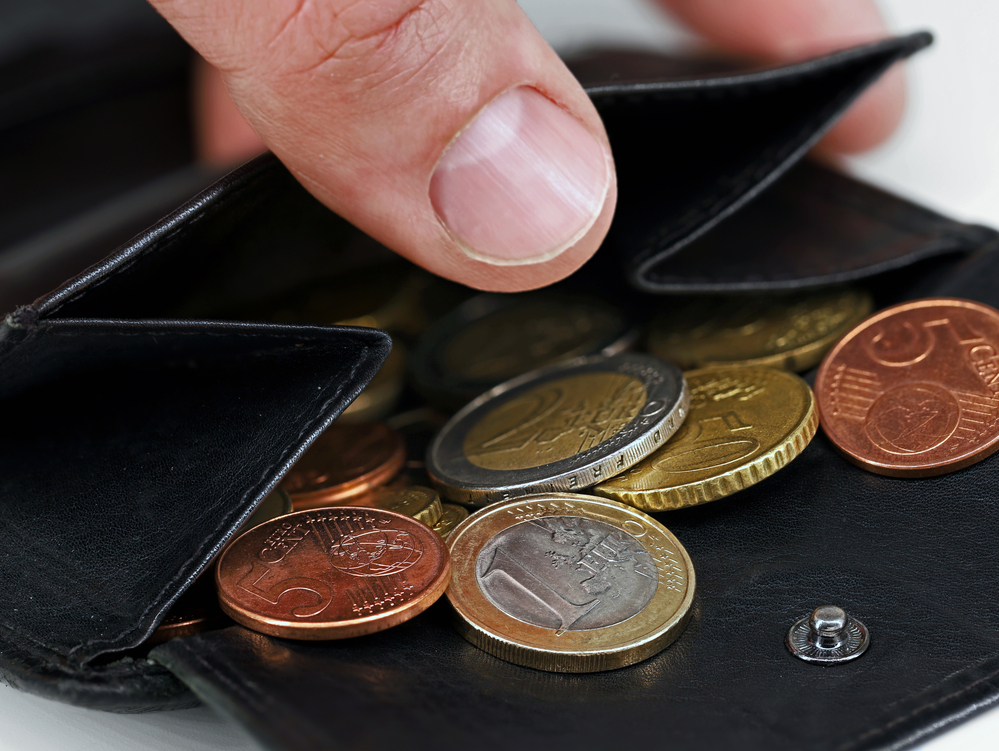Dutch central bank downgrades growth forecasts, warns on deficit

There will have been “virtually no economic growth” in the Netherlands this year, due to a drop in global trade, although this should recover gradually over the next two years, the Dutch central bank said in its autumn economic forecast, published on Monday.
The bank said it expects inflation, currently 4.1%, to fall to 2.9% next year and 2.2% in 2025. “Inflation is falling slightly faster than we projected last June, mainly on the back of lower energy prices,” the bank said. “In addition, the economy is cooling in response to the monetary policy of the European Central Bank and receding world trade.”
The bank says economic growth this year is sharply lower than in 2022, when post-pandemic pent-up demand boosted growth. This year, it says, GDP will rise by 0.1%, followed by 0.3% and 1% in 2024 and 2025 mainly driven by domestic spending.
The general government budget deficit is still limited to 0.9 % of GDP this year. However, the bank said, this situation will deteriorate rapidly in the years ahead, partly because more interest has to be paid on government debt. The deficit will then increase towards the EU threshold of 3%.
The bank also has a warning for the next government, saying that reducing the deficit means a new government will need to make choices. ”Not everything can be done at the same time,” the bank said. It also urged the next administration to “take international trade and cooperation into account when making policy choices”.
Should economic conditions deteriorate abroad, for example, due to increasing uncertainties and geopolitical tensions, the economy will contract 0.4% in 2024 and grow 0.6% in 2025.
“It is not inconceivable that our alternative scenario will materialise, which makes fiscal discipline all the more important,” the bank said. “Experience in recent years has shown that the government’s financial buffers have enabled the Netherlands to absorb the shocks caused by the COVID-19 pandemic and the energy crisis.”
“If you spend more or want to cut taxes, then you have to compensate for that elsewhere in the budget,” bank board member Olaf Sleijpen told broadcaster NOS. “It is important that all choices are financed in a sustainable way.”
European economic cooperation can also help to maintain the Dutch economy’s resilience, the bank said. “As a small, open economy, the Netherlands is heavily dependent on international trade in Europe and elsewhere. It is precisely trade and cooperation with our European partners that can protect the Netherlands from fragmentation in global trade.”
In October, the IMF cut its 2023 forecast for Dutch growth from 1% to 0.6%, and 1.1% next year. The Dutch macro-economic planning agency CPB said in September that growth would reach 0.7% this year and 1.5% in 2024.
According to the national statistics agency CBS, the Dutch economy contracted 0.2% between July and September, the third quarter in a row that the economy has shrunk,
The economy contracted by 0.5% and 0.4% in the first and second quarters of the year and that means the Netherlands is still officially in recession, CBS chief economist Peter Hein van Mulligen said.
Thank you for donating to DutchNews.nl.
We could not provide the Dutch News service, and keep it free of charge, without the generous support of our readers. Your donations allow us to report on issues you tell us matter, and provide you with a summary of the most important Dutch news each day.
Make a donation